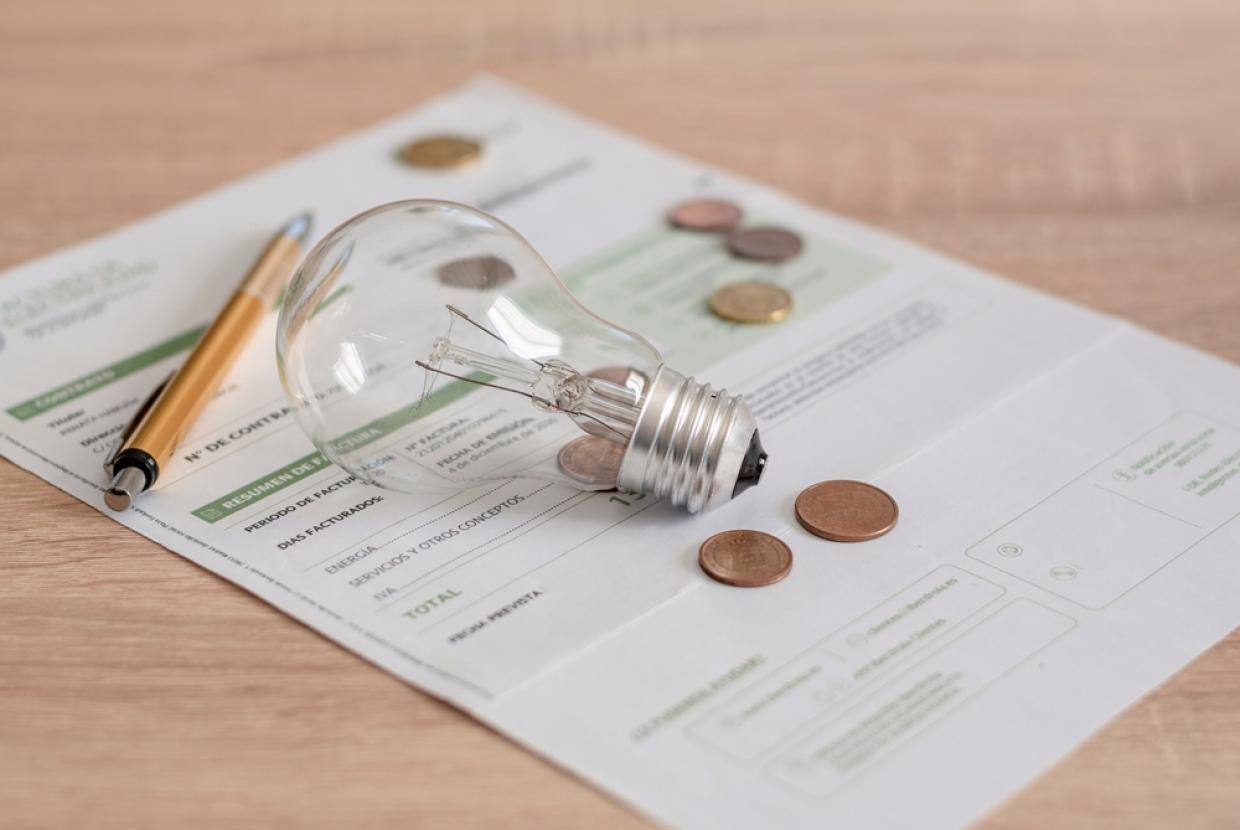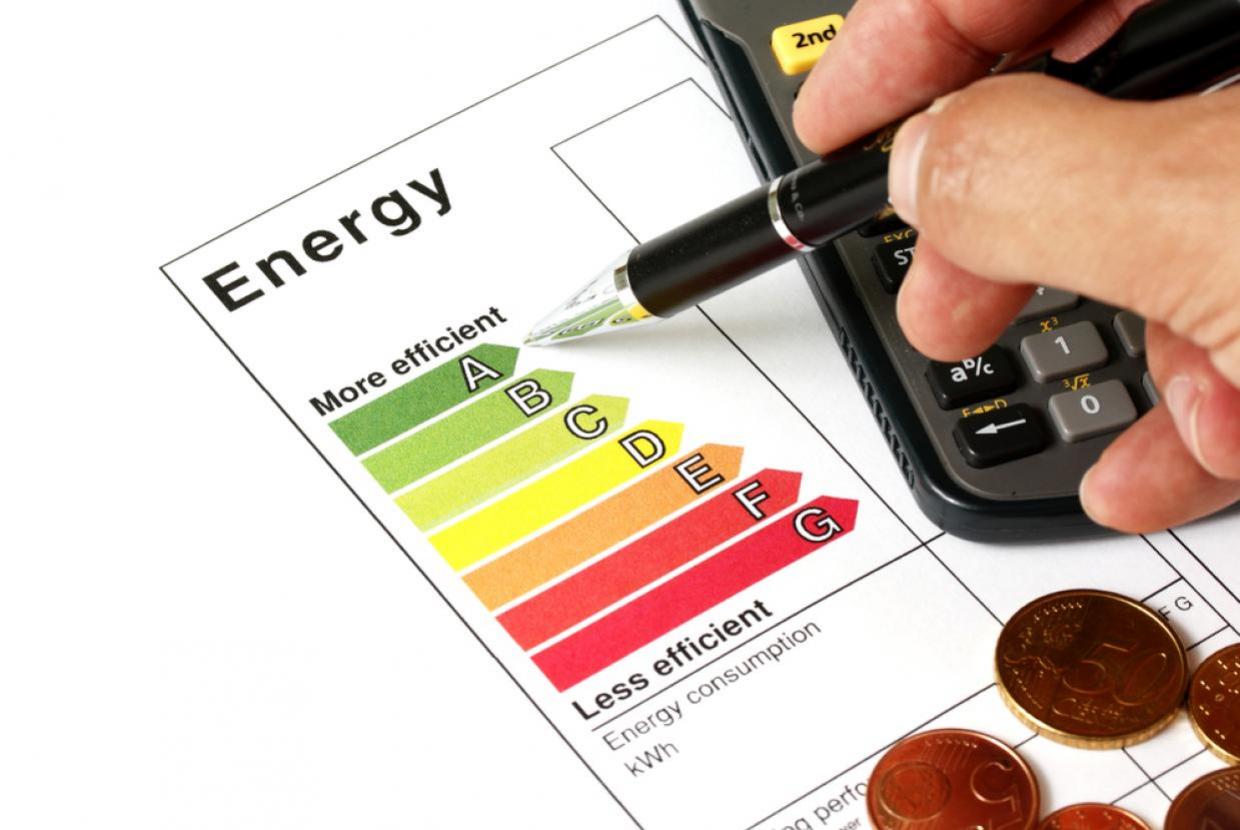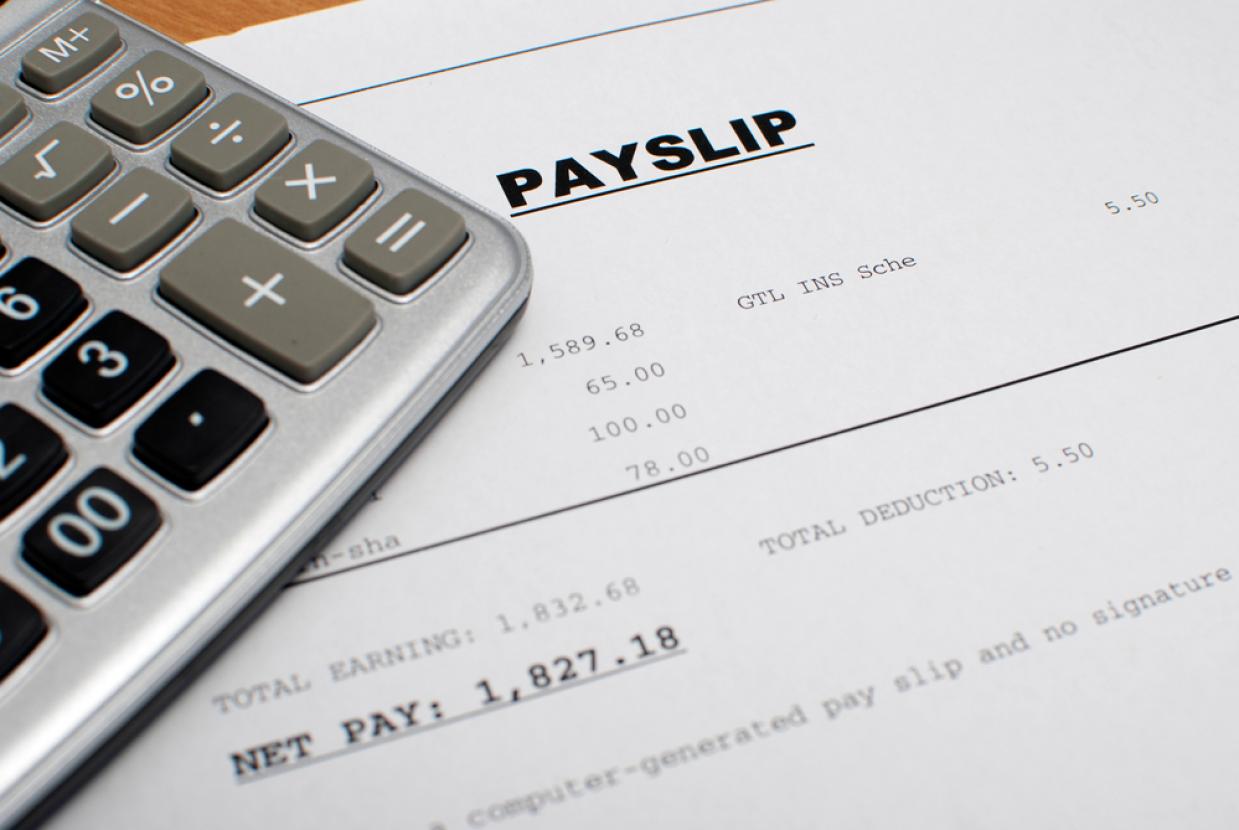What The 2024 Autumn Budget Means For You
Cost of Living HelpThe new Chancellor Rachel Reeves set out her first budget. She announced the government’s plans for taxes and spending over the next few years. Find out what today’s budget will mean for your money.
National Minimum Wage rise
From April 2025 the National Minimum Wage and National Living Wage will rise for employees of all ages. See the table below for the new rates.
National Minimum Wage and National Living Wage rates
Age | Minimum hourly rate 2024/25 | Minimum hourly rate from 1 April 2025 |
21 and over | £11.44 | £12.21 |
18 to 20 | £8.60 | £10.00 |
16 to 17 | £6.40 | £7.55 |
Apprentice | £6.40 | £7.55 |
Benefits increases
The Chancellor announced some changes in how eligibility for Carer’s Allowance will be assessed, increasing the amount you can earn before you no longer receive the benefit. From April 2025 you'll be able to earn the equivalent of 16 hours a week at the National Living Wage up to £195 a week, around £10,000 a year. This is currently set at £151 a week.
Carer’s Allowance is available in England, Wales and Northern Ireland. In Scotland people can claim Carer’s Support Payment.
Basic State Pension will also rise by 4.1% meaning that you could receive up to £230.25 a week, this is an annual rise of up to £470 in line with the Triple Lock.
Pension Credit will go up by 4.1% from April next year, meaning you could claim up to £227.10 a week if you’re single or £346.60 a week if you’re in a couple.
There were also new rules announced about how people who claim Universal Credit (UC) repay any benefits debts they owe to the DWP in England, Scotland and Wales. The new Fair Repayment Rate will cap any repayments at 15% of your UC standard allowance. Around 1.2 million households could be up to £420 a year better off under the new rules.
The Help to Save scheme has been extended until April 2027, and will now be open to all people who work and claim Universal Credit, with a £1 minimum earnings requirement.
The Household Support Fund has been extended
The government pledged to extend the Household Support Fund and Discretionary Housing Payments for people living in England and Wales until March 2026. This is funding for local Councils to give grants to people struggling with the cost of living and support for rent and other housing costs.
Visit the cost of living help page for how you can find support no matter where you live in the UK.
Bus fare cap extended
Single bus fares in England have been capped at £2 since January 2023, and this was due to end in December this year. In today’s budget Rachel Reeves said that while the cap is being extended until December 2025, it will now be capped at £3 per journey. Fares will continue to be capped at £2 in Greater Manchester throughout 2025.
Fuel Duty frozen
The Chancellor announced that there will be no tax rises on petrol and diesel until at least March 2026.
ISA limits frozen
The amount you can put into your ISAs each year will remain at £20,000. The limit is still £4,000 for Lifetime ISAs and £9,000 for Junior ISAs and Child Trust Funds until 5 April 2030. The planned British ISA announced by the previous government will no longer go ahead.
Income tax threshold freeze will stay in place until 2028
The thresholds for the amount of Income Tax you pay have been frozen since 2021, but today Rachel Reeves promised that the freeze will end in April 2028 when it will start to rise in line with inflation again.
Capital Gains Tax increase
The lower rate of Capital Gains Tax (CGT) payable on assets rises from 10% to 18% and the higher rate will go up from 20% to 24% today. The rates that apply to CGT payable on the sale of residential property will not increase. Find out more about when you need to pay Capital Gains Tax on the GOV.UK site.
Inheritance Tax
The thresholds for Inheritance Tax have been frozen until April 2030. At the moment, unspent pension pots and death benefits from a pension are not included when the government calculates how much Inheritance Tax the estate owes. A change announced today means that these could be liable for Inheritance Tax from April 2027.
Overseas pensions transfers
Previously, if you were living in the UK or the European Economic Area (EEA), you may have been able to transfer your UK pension to a different EEA country or Gibraltar without paying the usual tax charge.
From today, this exclusion no longer applies. All overseas pension transfers to a country you’re not a resident in will be subject to a 25% tax charge.
Employers’ National Insurance Contributions rise
While there were no tax rises announced for employees in today’s budget, the amount of National Insurance paid by employers will go up in April. This will increase by 1.2% and employers will now start paying National Insurance for employees earning more than £5,000 a year.
Stamp Duty for second homes
At the moment in England and Northern Ireland, you have to pay an extra 3% in Stamp Duty Land Tax (SDLT) when you already own a property, this surcharge will increase to 5% from tomorrow (31 October 2024). This does not apply if you are selling the only property you own to buy another one, only if you are buying a second home.
Use the Stamp Duty Calculator to work out what you will have to pay.
Alcohol Duty
While the Chancellor announced that alcohol duty would be raised in line with the Retail Price Index (RPI) in April 2025, she has made a cut of 1.7% on alcohol served on draught. This works out to be about 1p off per pint.






































































